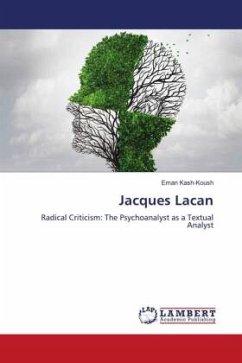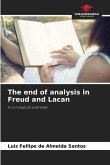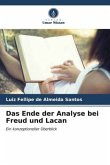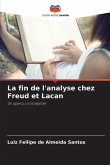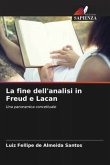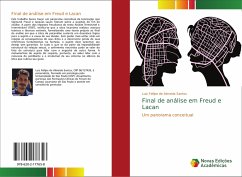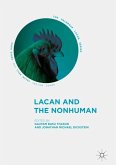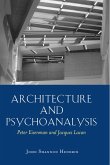Jacques Lacan (1901-81) is one of the most influential and controversial psychoanalytic thinkers of the twentieth century. He has a great effect on developing the psychoanalytic critical theory by making use of Saussure's structural linguistics to produce a model of the unconscious which creates "a linguistically structured system of cultural symbols and social patterns." Thus, the unconscious is, for Lacan, no longer a mere seat of instincts, but rather an endless network of signifiers. On this basis, Lacan extracts his famous dictum that "the unconscious is structured like a language." Lacan's failure to apply his theory as well as the interest of most critics and writers in his ideas theoretically rather than practically make Lacan's theory imprisoned in a "theoretical claustrophobia." Hence, bridging the gap between Lacan's theory and practice is the main objective of this book by conducting the analytical method of three twentieth-century short stories from a Lacanian approach.
Bitte wählen Sie Ihr Anliegen aus.
Rechnungen
Retourenschein anfordern
Bestellstatus
Storno

